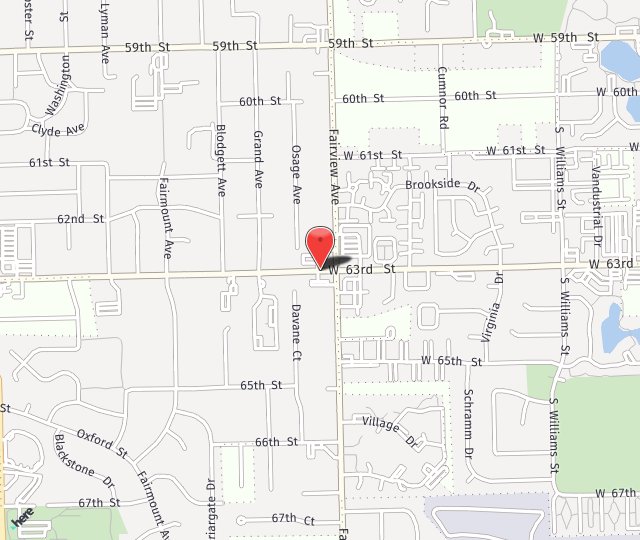Chemical Peels
Chemical peels remove damaged outer layers of skin to make skin smoother, reduce scarring and remove blemishes. Ranging from mild to strong, there are three types of chemical peels: alphahydroxy acid (AHA), trichloroacetic acid (TCA) and phenol. The strength of each peel is tailored to the patient. Peels can be combined with other procedures, such as facelifts, for additional improvement to skin. Chemical peels may be covered by insurance if they are performed for medical rather than cosmetic reasons.
Chemical peels are performed in a plastic surgeon’s or dermatologist’s office, or an outpatient surgical center. Anesthesia is not required because TCA and phenol have anesthetic properties, and AHA produces only a slight stinging.
Chemical Peel Procedure
During a TCA or phenol peel, the skin is cleansed and the solution is applied, which may cause a brief stinging sensation. Petroleum jelly or a waterproof adhesive tape may be put on the skin following a phenol peel. During an AHA peel, the skin is cleansed and the solution applied; there is no need for post-peel ointment or covering.
Side Effects of Chemical Peels
A phenol or TCA peel can result in tingling or throbbing, reddened skin, a crust or scab, and significant swelling that lasts, depending on the strength of the peel used, about a week. With a phenol peel, eyes may be swollen shut at first, and the patient may be put on a liquid diet and advised to keep talking to a minimum. Any tape used is removed after a day or two. AHA peels can cause temporary stinging, redness and irritation, as well as flaking or crusting. After a chemical peel, it is essential that the skin be protected from the sun.


